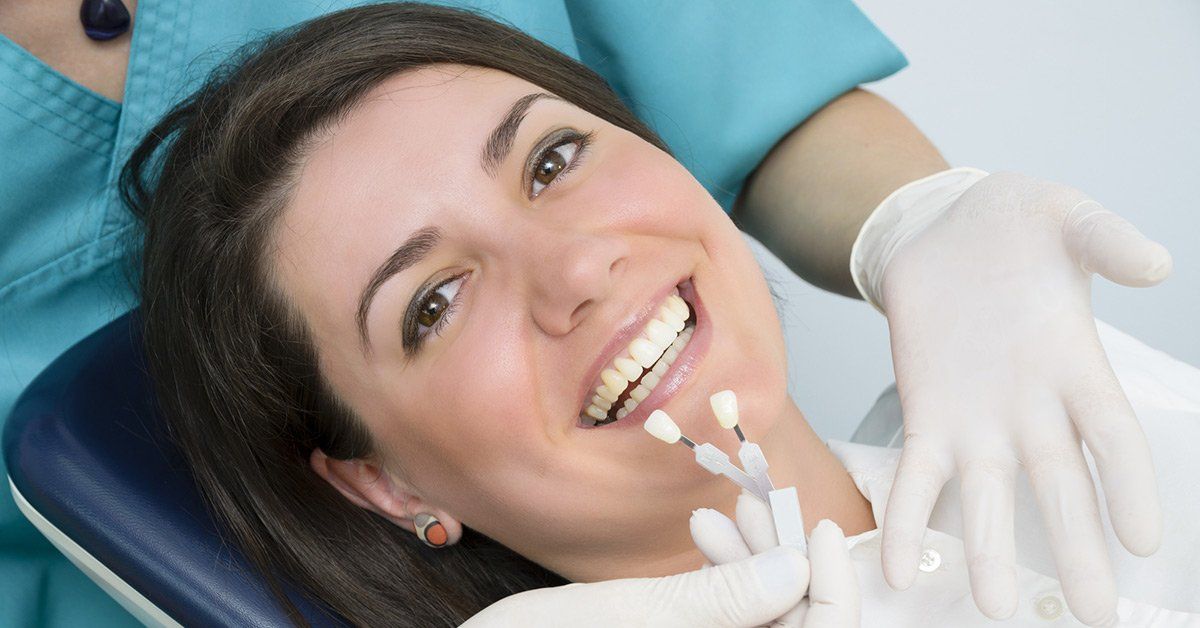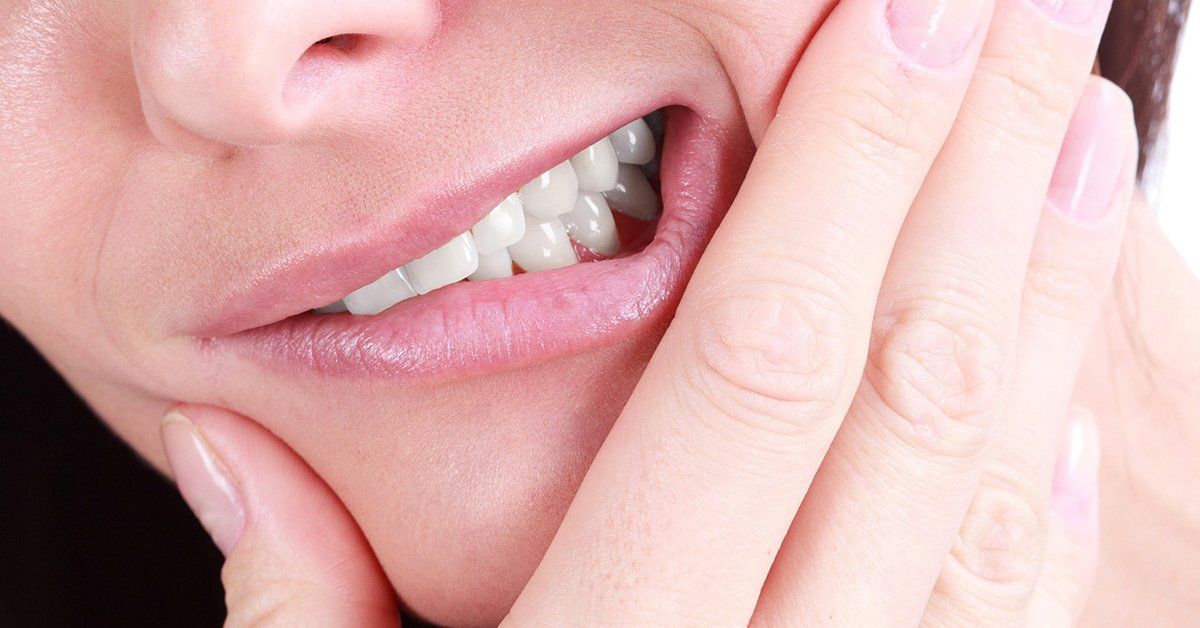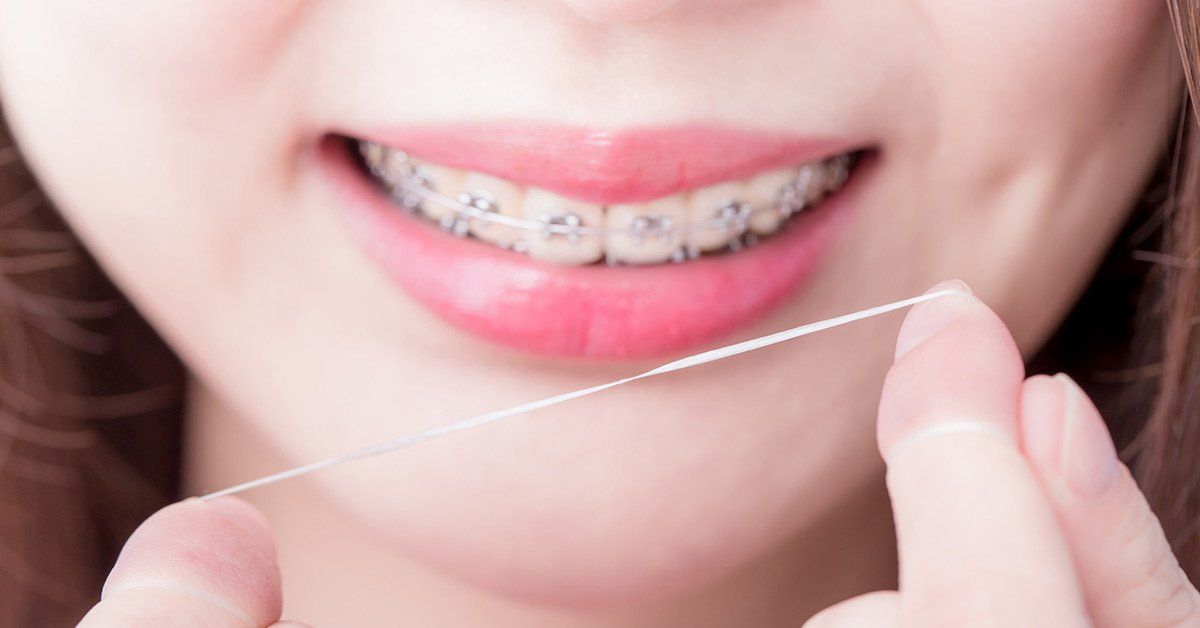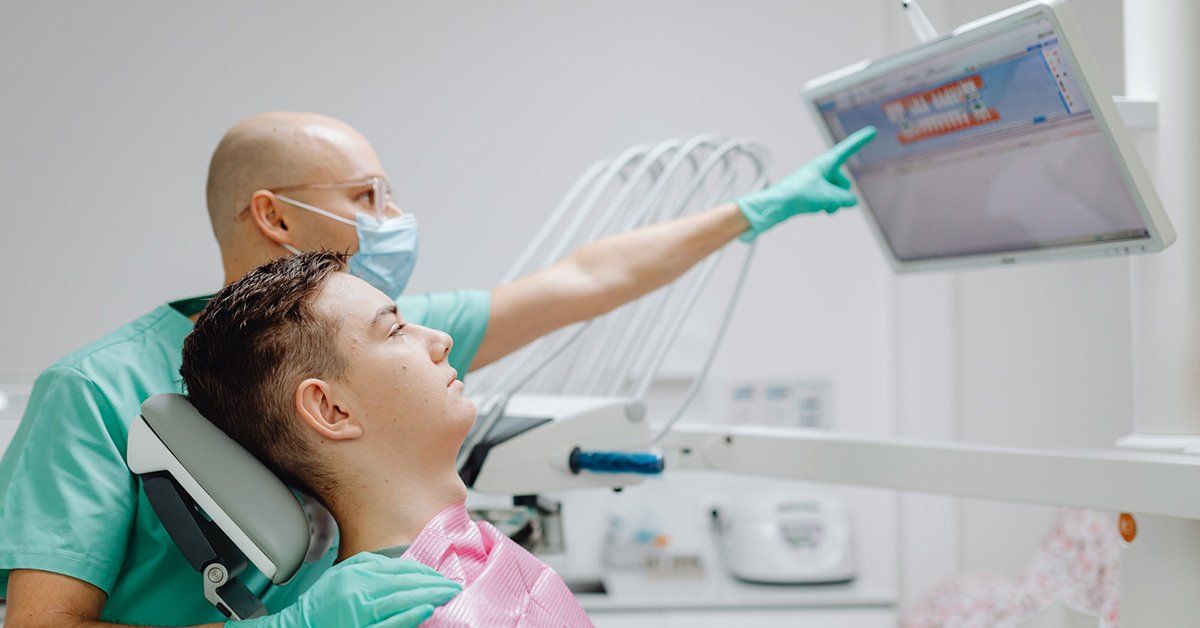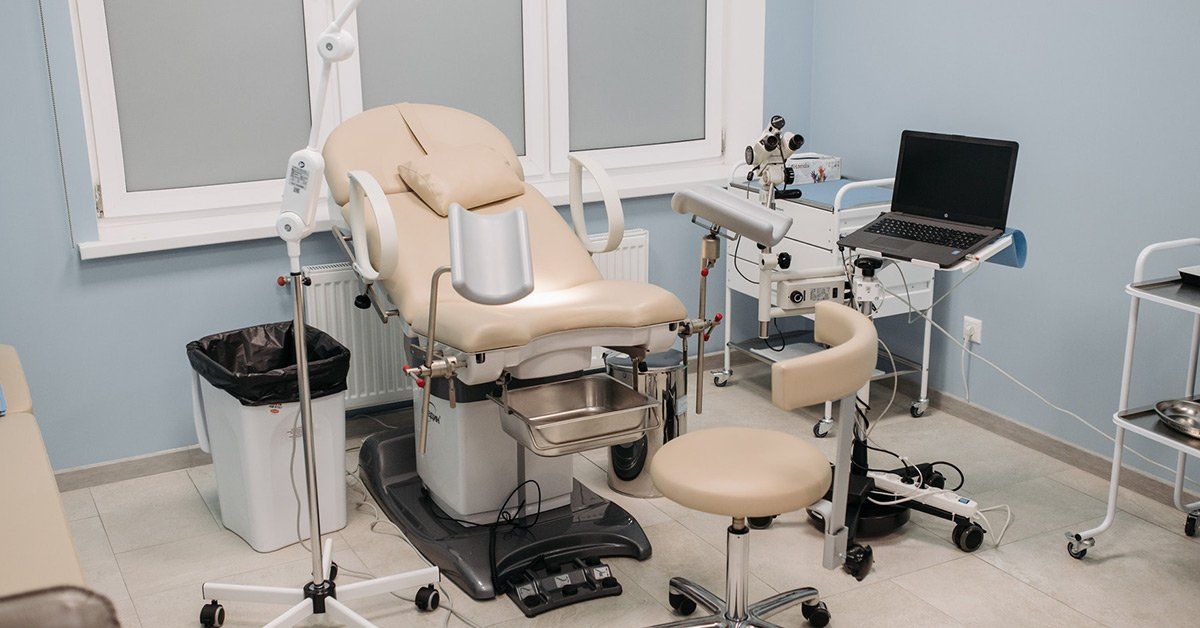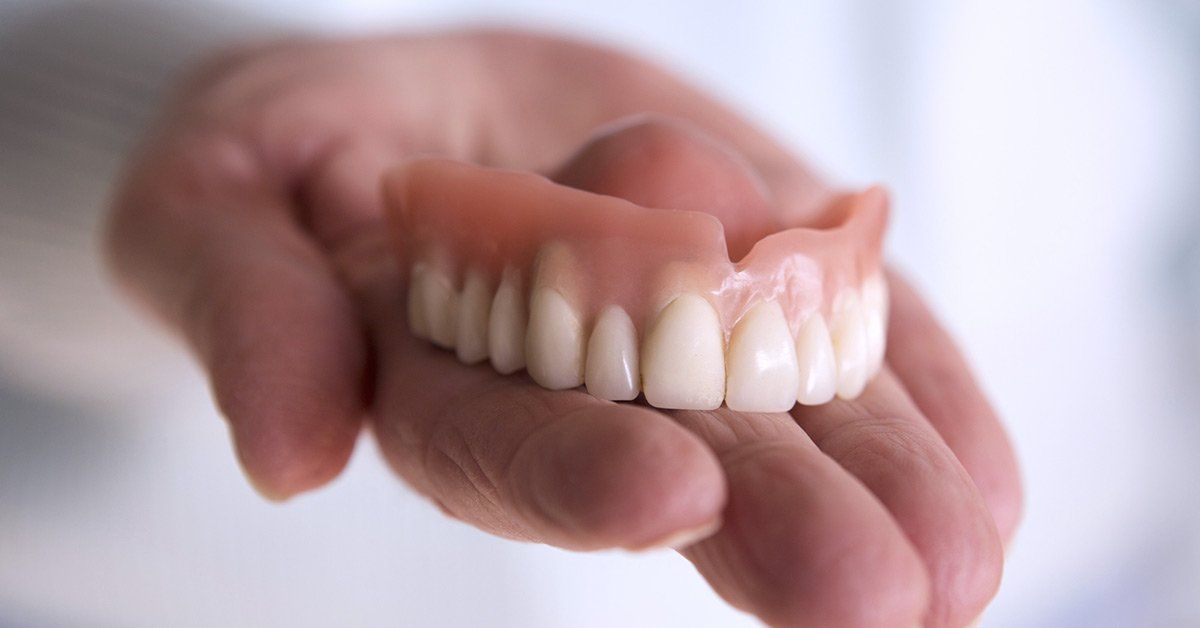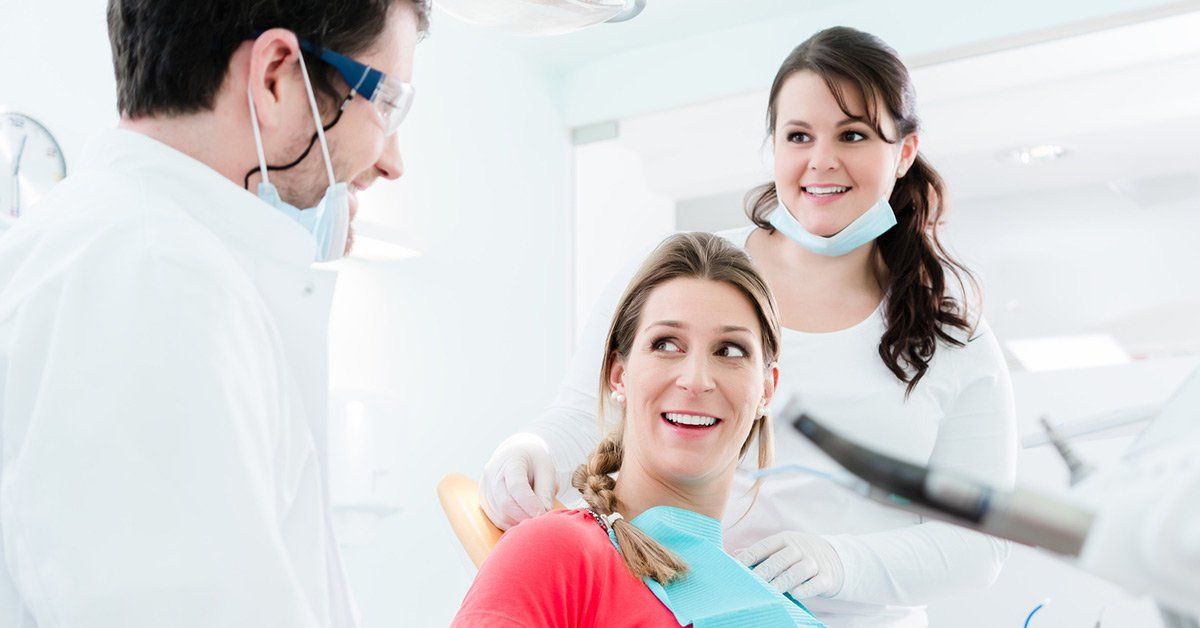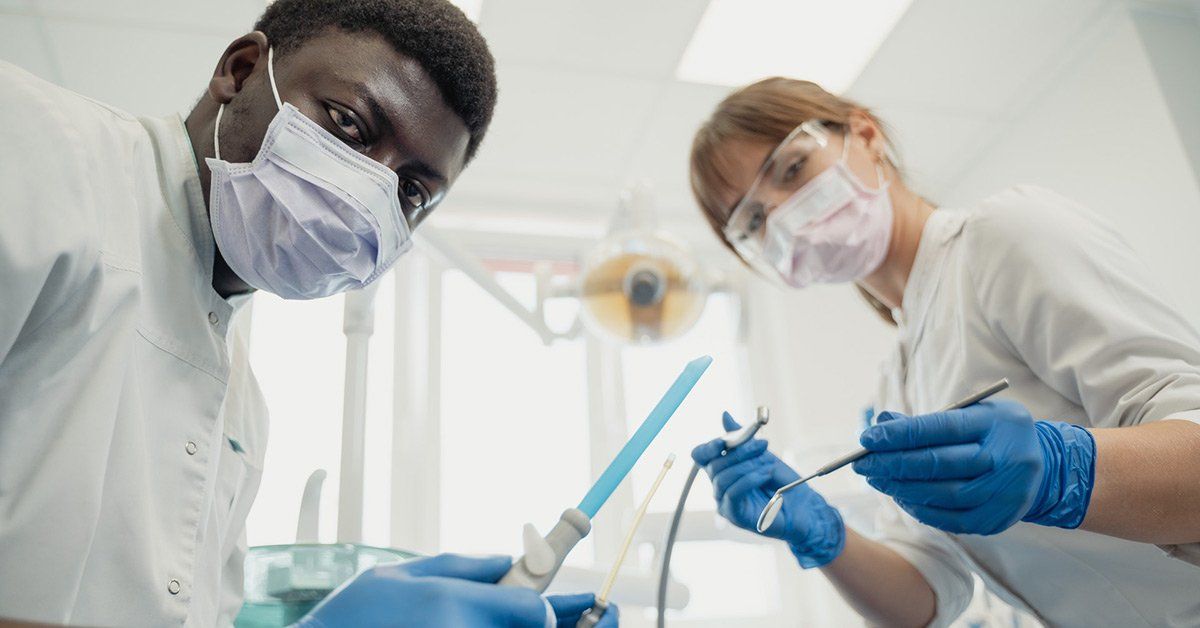Nature's Symphony
Breathtaking colors of our planet
Button
How Can a General Dentist Treat Sleep Apnea?
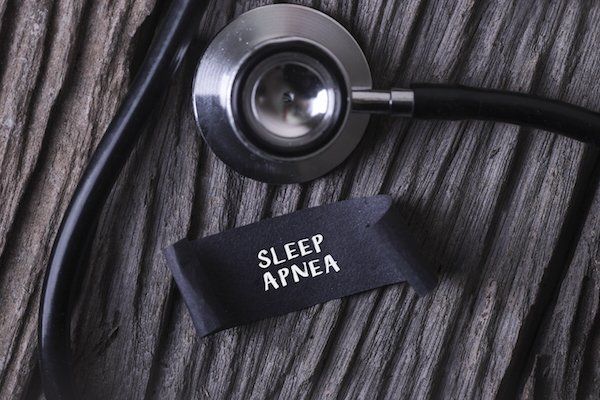
Sleep apnea has adverse effects on your wellbeing. It makes you feel exhausted despite a long night of sleep, and if left untreated, could cause severe long-lasting health issues. A doctor may provide solutions that include loud, bulky devices, or even surgery. Based on your condition, the general dentist might be able to give you a more straightforward, less-invasive solution.
What is sleep apnea?
The side effects of sleep apnea are more known to people than the ailment itself. They include snoring, headaches, exhaustion, irritability, and depression. These symptoms do not occur due to insufficient sleep, but because of the recurrent breath cessations that occur during sleep. The most common forms of sleep apnea include:
- obstructive sleep apnea – This is the most common type, and occurs when the airways are blocked
- central sleep apnea – This occurs when the brain does not send the right signals to the breathing muscles
What causes sleep apnea?
Obstructive sleep apnea happens when the soft tissues of the throat collapse as the muscles relax, blocking the air passages. When this occurs, a patient will wake up momentarily at different times throughout the night, and the oxygen levels of the body drop. The event is sometimes accompanied by choking. Blocking of the air passages may also occur from swollen glands and tonsils, jaw misalignment, excess alcohol use, or nasal problems such as a deviated septum or allergies.
The adverse effects of sleep apnea are beyond snoring and exhaustion. Untreated sleep apnea could lead to other health conditions such as stroke, heart attack, high blood pressure, heart disease, diabetes, erectile dysfunction, chronic acid reflux, or even death.
How a general dentist can diagnose and treat sleep apnea
A dentist will offer patients an easy, non-invasive method of diagnosing and treating sleep apnea. To make a diagnosis, patients may need to undergo an in-office pharyngometer test to determine the size and collapsibility of the air passages correctly. This test typically lasts for only two to five minutes.
If the test shows that a patient may have obstructive sleep apnea, they will need to undergo a take-home sleep evaluation, which studies their body’s natural state during sleep. The general dentist will review the results of the assessment with the patient, and if it proves that they have OSA, the next stage of treatment is the creation of a dental device to use while sleeping.
Some dentists may recommend a CPAP device to treat sleep apnea, which passes air through the oral and nasal ways to stop the soft tissues from collapsing. The CPAP device can be somewhat bulky and noisy, but it will sustain airflow while sleeping. Otherwise, the general dentist may design a custom-made oral device to open the airways. The oral device will help push the jaw forward to reposition the soft tissues in a way that they do not inhibit airflow. Once the airways are free, patients should have a good night's rest with relaxed breathing.
Book an appointment now
Sleep apnea can be detrimental to your health and quality of life, but you can get prompt treatment from the general dentist. If you suspect you or a loved one is dealing with this condition, feel free to book an appointment.
Request an appointment here: https://www.dentalartsofok.com
or call Dental Arts of Catoosa at (918) 937-2787 for an appointment in our Catoosa office.
Your smile deserves the best
Harmony Family Dentistry
Office Hours:
Monday-Friday:
8:00am - 5:00pm
Links
Our Office
360-841-7677
© 2025
All Rights Reserved | Harmony Family Dentistry
Website maintained by Xpress, INC




